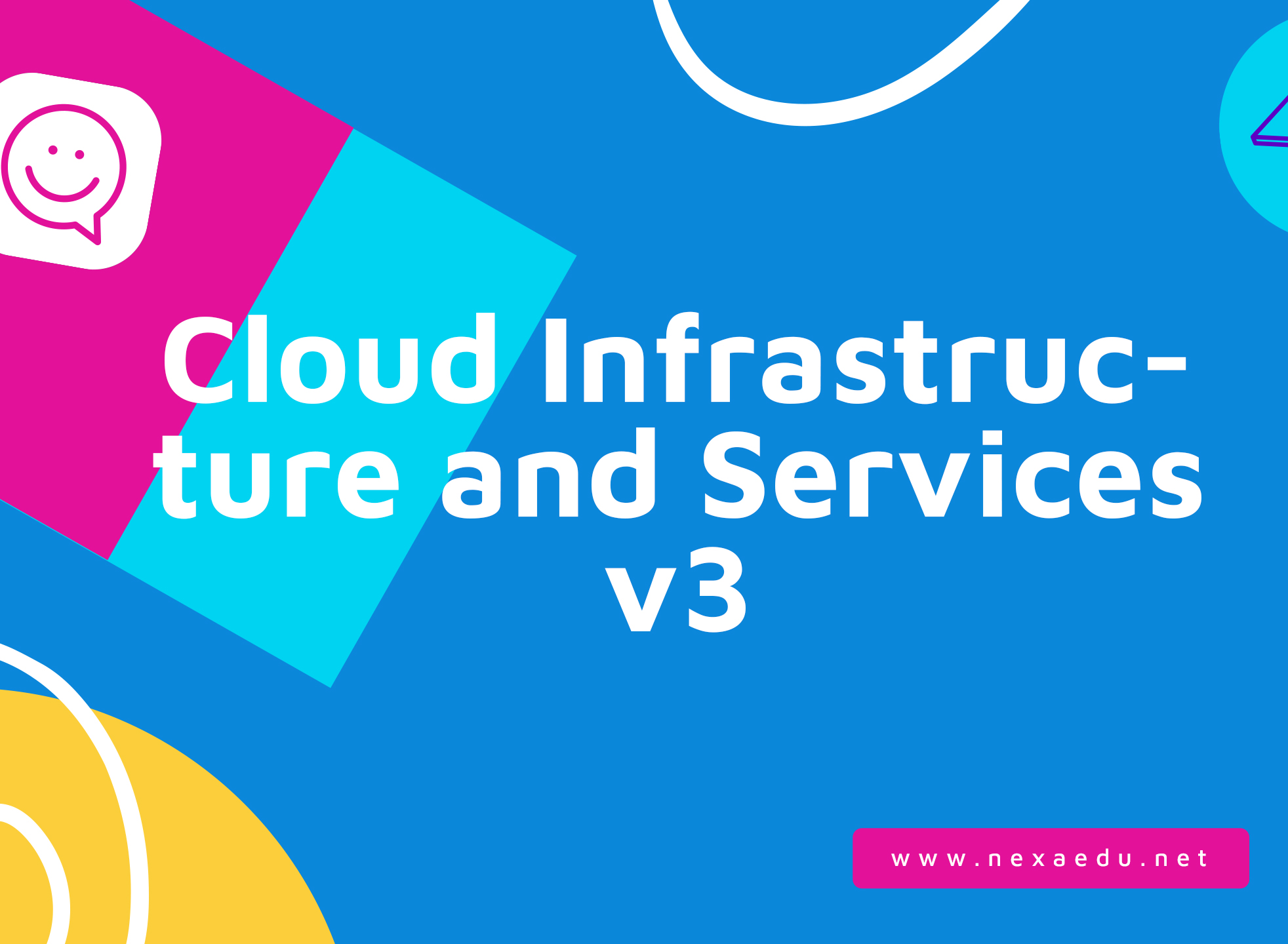About this course
Course Overview
Digital transformation is a priority for all businesses. Emerging technology trends such as mobile, big data analytics and social media are driving organizations to optimize and innovate business models. As businesses adopt a digital mindset they need to innovate faster or be left behind in an increasingly digital market.This course provides an overview of digital transformation, role of Cloud to help organizations address the current IT challenges to meet their overall digital transformation objectives. This “cloud essentials” course will help to gain the knowledge on technologies, processes, and mechanisms required to build a cloud infrastructure. This course takes an open approach, and uses the Cloud Reference Architecture to describe the concepts and technologies related to cloud computing, which is further illustrated and reinforced with DELL EMC product examples. The course follows the U.S. National Institute of Standards and Technology as a guide for all definitions of cloud computing.
Target Audience
This course is intended for:
- Experienced IT professionals, who may not have had exposure to cloud computing
- IT professionals responsible for architecting and managing cloud infrastructure
- Students and professionals who are looking to pursue career in cloud computing
- Individuals who are seeking Associate - Cloud Infrastructure and Services Associate (DECA-CIS) certification
Course Objectives
Upon successful completion of this course, participants should be able to:
- Describe how digital transformation drives the adoption of cloud
- Explain cloud computing, its deployment and service models
- Describe various aspects of cloud such as applications, services and orchestration, modern infrastructure (physical, virtual, and software-defined infrastructure), business continuity, security, and service management
- Describe IT transformation to meet the business objectives
Course Content
The content of this course is designed to support the course objectives.
- Module 1: Driving Digital Transformation – Cloud
− Digital Transformation
− Current business challenges
− IT challenges in supporting business challenges
− Digital business drives IT Transformation
− Digital and IT Transformation adopts Cloud - Module 2: Cloud Reference Architecture
− Essentials of Cloud characteristics
− Cloud deployment and service models
− Key benefits of Cloud computing
− Components of the Cloud reference architecture - Module 3: Applications
− Evolution of application platform
− Traditional application challenges
− Need for application transformation
− Modern application characteristics
− Application modernization approach - Module 4: Cloud Services & Orchestration
− Cloud services and its functions
− Cloud portal
− Cloud interface standards
− Cloud service lifecycle
− Service orchestration - Module 5: Modern Infrastructure
− Key IT infrastructure components
− Virtual Infrastructures – features and its benefits
− Software Defined Infrastructure – feature and its benefits
− Converged and Hyper Converged Infrastructure - features and its benefits - Module 6: Cloud Security
− Cloud security threats
− Cloud security mechanisms
− Governance, risk, and compliance - Module 7: Business Continuity
− Cloud service availability
− Fault tolerance mechanisms
− Data protection solutions – backup, replication and archive
− Data protection as a service - Module 8: Cloud Service Management
− Service portfolio management processes
− Service operation management processes - Module 9: Transforming IT operations
− Key elements of successful transformation : People, Process, and Technology
Course Prerequisites
- Basic understanding of computer architecture, operating system, and database
- Experience in compute system, storage and network infrastructure will be an added advantage
Comments (0)

0
0 Reviews





